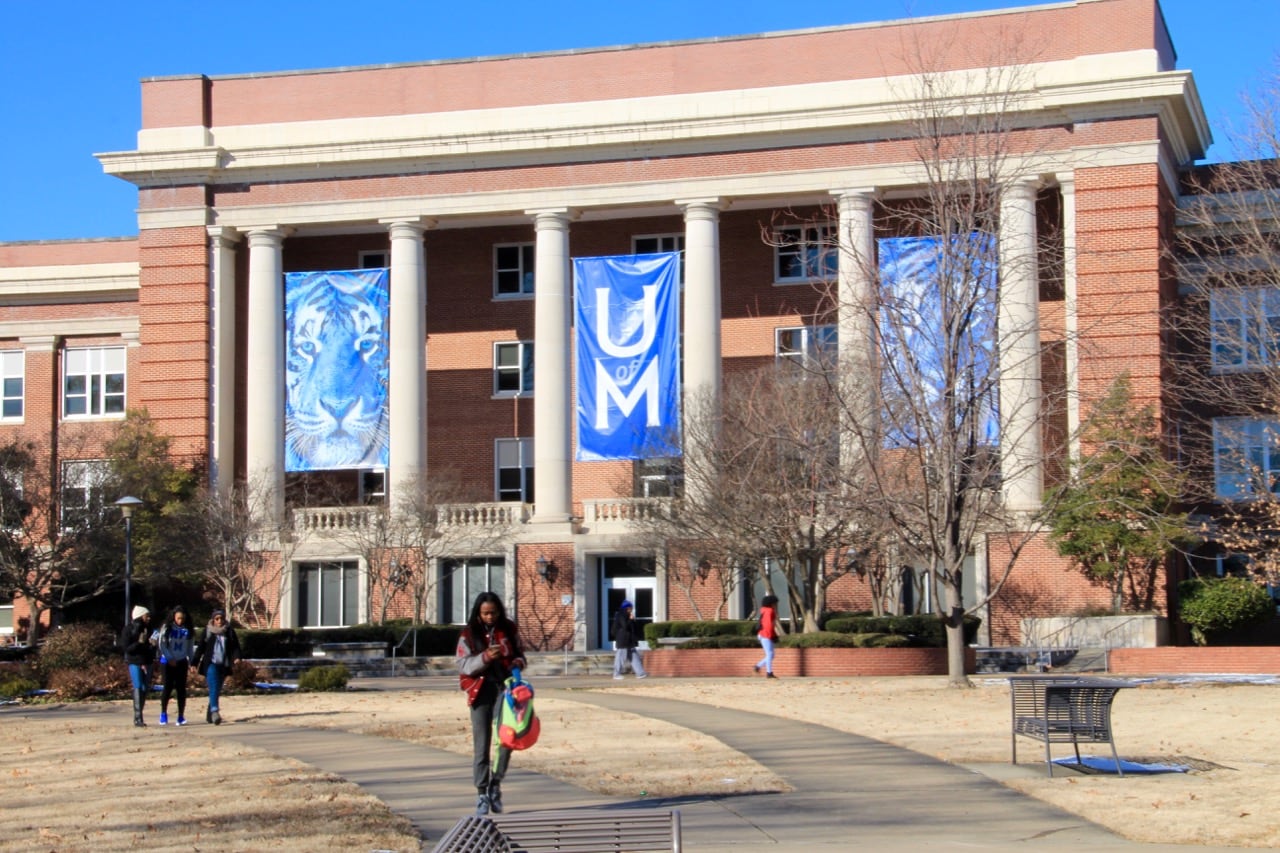Sign up for Chalkbeat Tennessee’s free daily newsletter to keep up with Memphis-Shelby County Schools and statewide education policy.
The University of Memphis announced plans Wednesday to launch its own K-12 school district in the fall after the passage of new state legislation authorizing certain public universities to create innovative school districts.
But it’s unclear how the university’s contract with Memphis-Shelby County Schools, which doesn’t expire until the fall of 2026, will affect the rollout.
Officials from both entities did not comment when asked about the contract’s status.
The legislation introduces a new school governance model in Tennessee in which universities can scale up proven innovations in K-12 teaching and learning.
It passed out of the Senate on a 27-3 vote Wednesday, after the House approved the measure a day earlier. It now heads to the governor’s desk for his signature.
The university hailed the passage of the Innovative School District Act as a “new era” for its University Schools, which currently operate as training and laboratory schools under its contract with MSCS.
“While this is certainly a new concept for our state, being innovators in public education is not new to the University of Memphis,” said Sally Parish, associate vice president for educational initiatives. “We have always been trailblazers in education, and this opportunity is truly a testament to that.”
But during legislative committee hearings in March, Tony Thompson, a lobbyist for Memphis-Shelby County Schools, said overriding the contract with legislation would be unconstitutional.
It’s unclear whether the district was considering mounting a legal challenge.
Rep. Mark White, a Memphis Republican who sponsored the bill, told lawmakers that while MSCS representatives are split on the proposal, he doesn’t expect opposition, based on conversations with new Superintendent Marie Feagins.
“Some are for, some are not so much for, but they — from the information they gave me — they understand what we are trying to do, and they are not pushing back,” White told lawmakers in a House Finance, Ways, and Means Subcommittee meeting last week.
The creation of the new district will impact enrollment for MSCS — and take away some of the Memphis district’s highest academic scores. Each of the university’s schools, for instance, have average proficiency rates that, in most cases, are triple that of MSCS’ district average. Critics, though, point out how few students from poor families the university’s schools serve in comparison to the rest of the district.
Under its current contract, University Schools can only enroll 1,050 students. But Parish has said the program has a waiting list of 1,500 students, including for its other early education centers. It is not clear how many students the university could accommodate at its current facilities on the campus of the University of Memphis.
Any changes to enrollment policies would come as the university considers an expansion.
Supporters of the legislation have said they don’t anticipate school takeovers with the formation of the new district, which will become the 10th public school district operating in Shelby County.
In earlier subcommittee meetings, White said he expects the university to expand, potentially through vacant school buildings. The university, he said, wants to build a new high school about a mile away.
White, who has been developing the legislation for the last three years, called the new district “one of the most notable pieces of legislation we have passed this year” in a press release from the university Wednesday.
“This legislation has the potential to impact the lives of thousands of students, and I am excited to see the University of Memphis carry this forward,” said University of Memphis President Bill Hardgrave.
Board Chair Althea Greene, who has supported the legislation, said in a statement she values the district’s partnership with the university, and is confident the pair “will operate in a way that is beneficial for our students.”
Laura Testino covers Memphis-Shelby County Schools for Chalkbeat Tennessee. Reach Laura at LTestino@chalkbeat.org.






